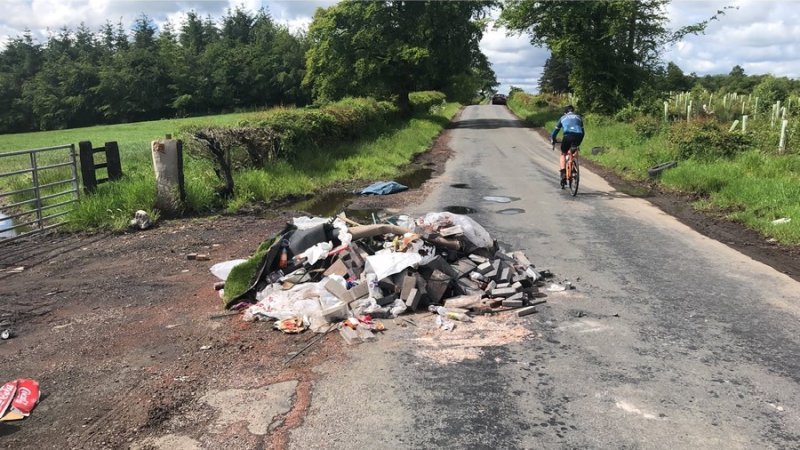
Rural groups have called on the Sentencing Council to impose tougher punishments for fly-tippers amid criticism that current guidelines do not match the severity of the offence committed.
Over 150 local authorities and 10 groups have called for tougher fines and sentences for fly tipping culprits as part of a proposed review of the Environmental Offences Definitive Guideline (2014).
The Country Land & Business Association (CLA) is one group that has frequently called for tougher sentences, as current punishment 'does not act as a suitable deterrent'.
Currently, the maximum fine is £50,000 or 12 months’ imprisonment if convicted in a Magistrates' Court - but the CLA said this was seldom enforced.
It explained that court fines were needed to exceed the cost of Fixed Penalty Notice fines and include costs incurred by the public purse and the police in bringing a fly tipper to court.
Costs related to the clean-up of fly-tipping on private land and restoration of that land would be included in fines paid by those who are prosecute.
When deciding the level of fine, fly tipping would be looked at by the court as an offence first, and not at the person and their ability to pay first.
If a defendant could not pay the fine in full, or in part, the CLA said it was strongly recommended that community-based sentences were more widely used and available across all offence categories.
And anyone convicted of a second fly tipping offence should be given a custodial sentence rather than another suspended sentence.
Mark Tufnell, deputy president of the CLA, said cracking down on this type of crime would only be achieved if tougher fines were imposed.
He said: “Fly-tipping continues to wreck the lives of many of us living and working in the countryside – and significant progress needs to be made to stop it.
“It’s not just the odd bin bag but large household items, from unwanted sofas to broken washing machines, building materials and even asbestos being dumped across our countryside.
"This is why it’s crucial that the Sentencing Council listens to our concerns, and the signatories of the letter, to ensure the offenders are brought to justice.”
